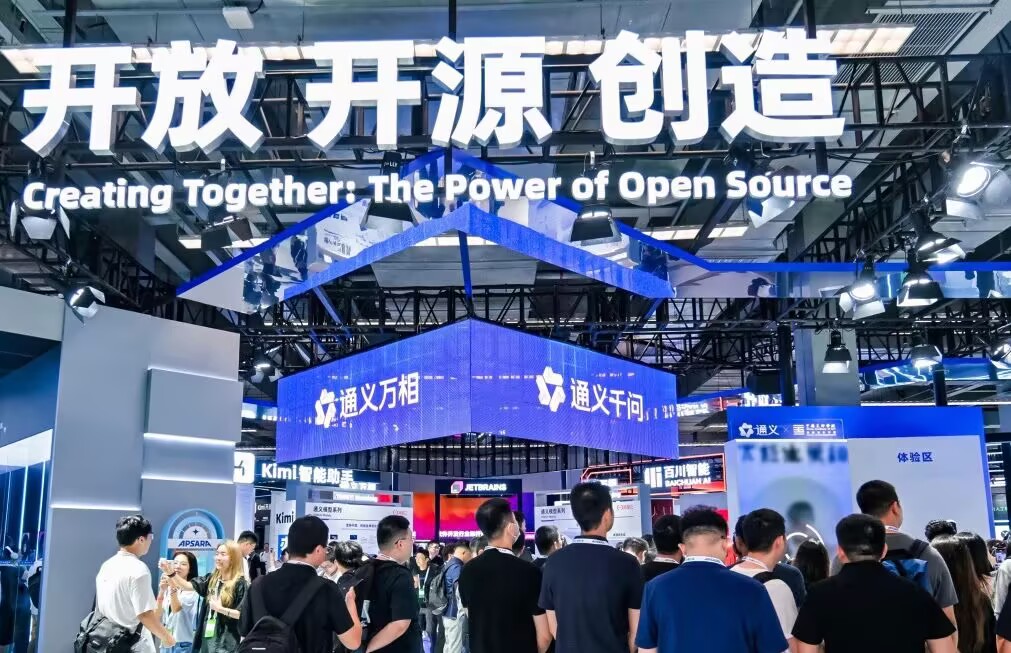 Alibaba Unveils Over 100 Open-Source AI Models, Including Free Sora-Like Text-to-Video Tool
Alibaba Unveils Over 100 Open-Source AI Models, Including Free Sora-Like Text-to-Video Tool(Yicai) Sept. 20 -- Alibaba Group Holding has made more than 100 new artificial intelligence models available to the global open-source community, including a free text-to-video generator to rival OpenAI's Sora, as the Chinese tech giant steps up efforts to compete in the fast-growing AI space.
The new open-source Qwen 2.5 models cover various modalities, spanning language, audio, and vision, along with specialized code and mathematical models, Alibaba announced yesterday at the Apsara Conference, its cloud computing unit's annual flagship event.
The Qwen family is part of Alibaba’s broader push into the AI field, competing with major global players such as OpenAI, Google, and Meta. The launch of Qwen 2.5 marks a big step forward, especially in multi-modal AI, which is regarded as the next frontier, enabling more versatile and human-like interaction.
Tongyi Wanxiang, the new text-to-video tool, can produce high-definition videos based on text prompts in both Chinese and English, Hangzhou-based Alibaba noted. Unlike many rivals that impose usage limits or charge fees, the new model has no daily restrictions and can be accessed for free, it added.
Some video creators have switched their preferred tools. While they mainly used Pika, developed by US AI startup Pika Labs, earlier this year, they have changed over to Runway's Gen-3 and Luma Labs's Dream Machine.
Some video creators noted that they previously used tools like Pika at the beginning of the year, but now mostly rely on Runway Gen-3 and Dream Machine. Tongyi Wanxiang enters the market at a time when users have already been educated on such tools, with competition now revolving around features and ease of use, they pointed out.
But there are still hurdles in developing video models, such as Tongyi Wanxiang-generated videos being limited to about five seconds, while other tools are around 20 seconds, they said, adding that video models also need to improve real-world simulation.
On the same day, Alibaba Cloud also debuted Qwen2-VL, an upgrade to its visual AI model that can understand videos longer than 20 minutes and supports video-based question-and-answer, making it suitable for mobile devices, vehicles, and robotics applications.
In the programming field, Alibaba Cloud launched an AI programmer powered by Qwen that can automate tasks such as breaking down projects, writing code, and fixing bugs, allowing developers to focus on more critical tasks.
Since its launch in April last year, Qwen has been downloaded over 40 million times from Hugging Face, Alibaba's ModelScope, and other platforms. On Hugging Face, there are nearly 50,000 native and derivative models of Qwen, ranking it second worldwide.
Due to the growing demand for AI computing power, Alibaba Cloud announced a comprehensive upgrade to its global infrastructure at the Apsara Conference. It unveiled a range of cloud products and services that include computing, networking, and data center architecture innovations to further support the development and use of AI models.
Editor: Martin Kadiev